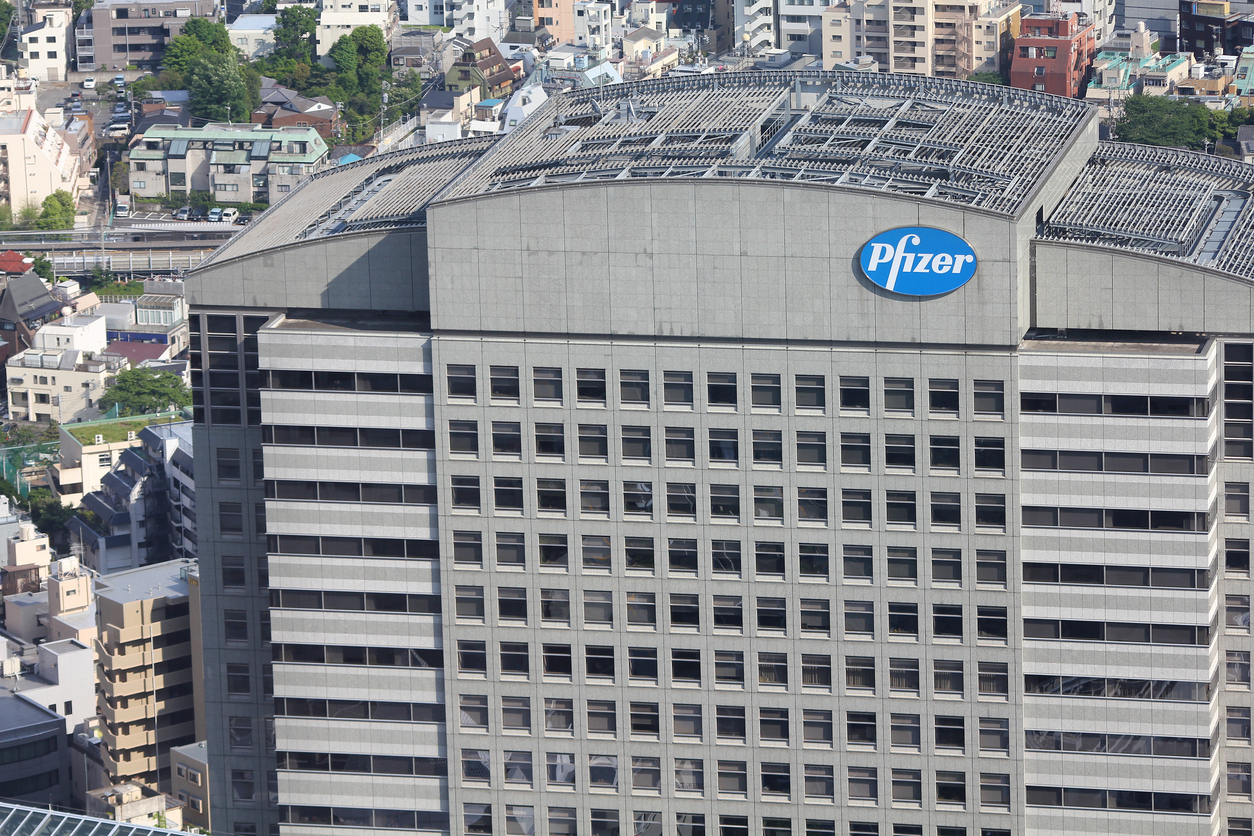Pfizer's COVID jab sales swell again, with $36bn forecast for 2021

Rocketing sales of COVID-19 vaccine Comirnaty have allowed Pfizer to raise its full-year forecasts for the shot once again to a whopping $36 billion, more than double its predictions just a few months ago.
Fuelled by extensions to vaccination programmes to include children and booster shots, the BioNTech-partnered jab made nearly $13 billion in the third quarter, around $2 billion more than analyst consensus forecasts.
The tally accounted for more than half of Pfizer's total revenues of $24.1 billion, which were up 134% on the same period of 2020, or 7% if Comirnaty's sales are deducted.
Pfizer said it now expects to deliver 2.3 billion doses of Comirnaty this year and manufacture 3 billion, underscoring the dominance of Comirnaty against rival vaccines – at least in terms of dollar revenues.
Next year, it reckons it can produce 4 billion doses, thanks to a reduction in the time needed to produce a batch from 110 to 30 days, and already has orders for 1.7 billion of them valued at $29 billion.
Pfizer upgraded its full-year revenue forecasts to $81 to $82 billion on the back of the success of the COVID-19 vaccine, which was the first to be approved for marketing.
Pfizer and BioNTech have come in for criticism for prioritising the delivery of Comirnaty doses to richer countries, and Pfizer chief executive Albert Bourla attempted to address that in the firm's third-quarter results call, saying it intends to deliver 1 billion doses in both 2021 and 2022 to low- and middle-income countries.
"One billion of these doses will be supplied to the US government at a not-for-profit price to be donated to the world's poorest nations at no charge to those countries," he added. More than 75% of the revenues recorded for Comirnaty have come from supplying countries outside of the US, according to the company.
Comirnaty dominated the drugmaker's results, and masked a set of figures for the rest of the business that were largely in line with expectations, with some gains and some contractions.
The Prevnar pneumococcal vaccine franchise saw sales dip 6% as a result of reduced adult vaccinations due to the prioritisation of COVID-19 shots.
Pfizer is however looking to a recovery now that its latest version of the product – Prevnar 20 – has been recommended by a Centre for Disease Control and Prevention (CDC) advisory committee, although it will have to jostle for market share with Merck & Co's rival Vaxneuvance, which was also backed.
The oncology business did fairly well, with a 31% gain for tyrosine kinase inhibitor Inlyta (axitinib) for kidney cancer to $256 million on the back of recent approvals as first-line combination therapy with checkpoint inhibitors.
Top cancer seller Ibrance (palbociclib) managed a 2% rise to $1.4 billion, but was also impacted by pandemic-related treatment delays.
Rare heart disease drugs Vyndaqel/Vyndamax (tafamidis) made $501 million, an increase of 42% thanks to continued uptake cardiomyopathy associated with transthyretin-mediated amyloidosis (ATTR).












